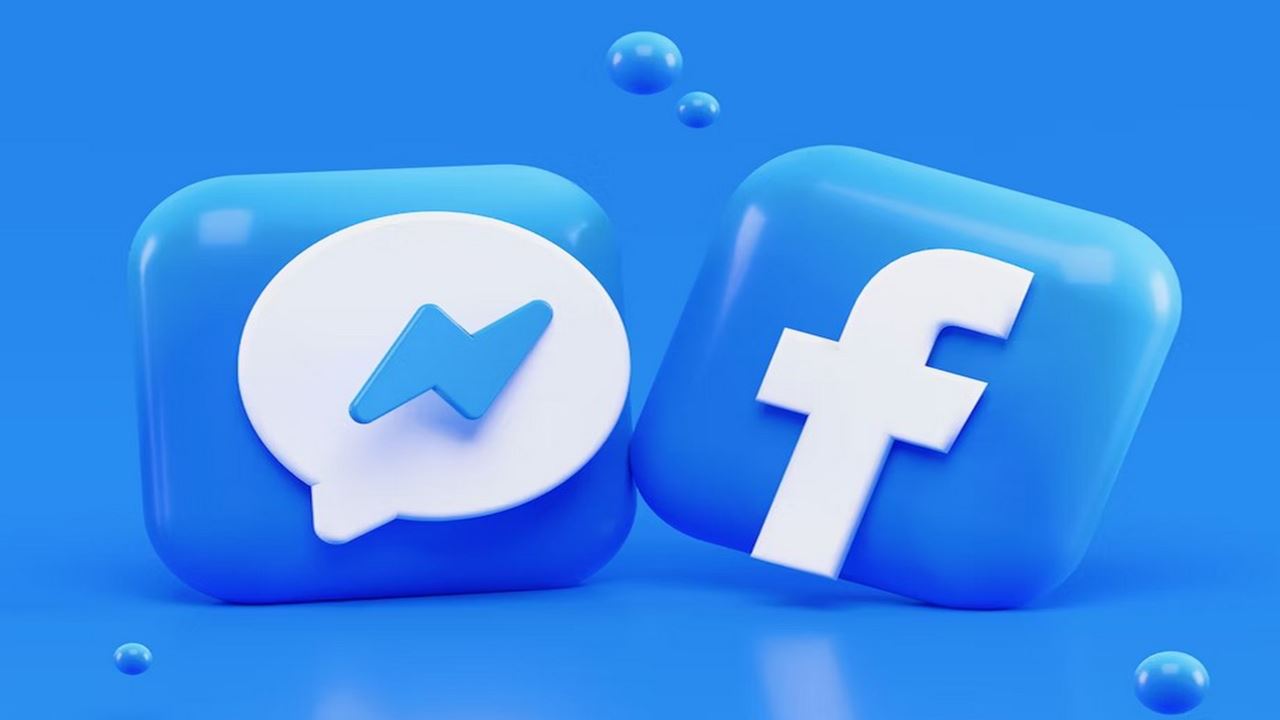Unlock your online potential with UnikBrushes - Your one-stop-shop for expert web development and digital marketing solutions.
Join BloggyTech now and stay ahead in the game with valuable insights and tips on technology, digital marketing, and personal development!
Looking for a list of trendy AI tools that can enhance and save time in your work? Check out ZynoSItes - I'm sure you'll be amazed!
Upgrade your writing game with ZynoInk - the ultimate AI-powered writing tool for students and marketing professionals. Try it now and experience the difference!
Storytelling has been an essential part of human communication since the dawn of civilization. Whether it’s through spoken words, books, movies, or even advertisements, stories have the power to captivate and engage audiences. This is why storytelling has become a vital tool in marketing. By creating a narrative that resonates with your target audience, you can build a strong emotional connection, increase brand loyalty, and drive sales. In this article, we will explore the power of storytelling in marketing and provide tips and techniques to help you create compelling narratives that will leave a lasting impact on your customers.
Why Storytelling Works in Marketing
The reason storytelling is so effective in marketing is that it engages the emotions of your audience. When you tell a story, you’re not just conveying information; you’re creating an experience that your audience can relate to on a personal level. This emotional connection builds trust and loyalty, which are crucial for building lasting relationships with customers.
Moreover, a good story helps you stand out in a crowded market. With so many brands vying for attention, it’s important to create content that resonates with your target audience. A well-crafted story can help you differentiate yourself from the competition, making your brand more memorable and appealing to customers.
Elements of a Compelling Marketing Story
So what makes a good marketing story? Here are some essential elements to keep in mind:
Relatable Characters
Every good story needs a compelling protagonist. In marketing, your protagonist is your customer. By creating a character that your audience can relate to, you can establish an emotional connection that will keep them engaged with your brand.
Conflict and Tension
A good story needs conflict and tension to keep the audience interested. In marketing, this could mean highlighting a problem or challenge that your product or service can solve. By framing your product as a solution to a specific issue, you can make it more compelling to your target audience.
Emotional Resonance
As we mentioned earlier, emotional resonance is a key element of effective storytelling. Your story should elicit an emotional response from your audience, whether it’s empathy, excitement, or inspiration. By tapping into your audience’s emotions, you can create a deeper connection that will make them more likely to engage with your brand.
A Clear Message
Finally, a good marketing story should have a clear message or call to action. What do you want your audience to do after hearing your story? Whether it’s to buy your product, sign up for your service, or follow you on social media, your story should have a specific goal in mind.
Tips for Effective Storytelling in Marketing
Now that we’ve covered the essential elements of a good marketing story, let’s look at some tips for crafting a compelling narrative:
Know Your Audience
The first step in effective storytelling is understanding your target audience. What are their needs, desires, and pain points? What motivates them? By knowing your audience, you can create a story that resonates with their interests and values.
Start with a Strong Hook
Your audience’s attention span is limited, so it’s important to start your story with a strong hook. This could be a surprising fact, an emotional anecdote, or a bold statement that grabs their attention right away.
Keep It Simple
While it’s important to create a compelling story, you also want to keep it simple and easy to follow. Use clear language, avoid jargon, and keep your message focused to ensure that your audience stays engaged.
Use Visuals
Visuals can be a powerful tool for storytelling in marketing. Whether it’s through images, videos, or infographics, visual content can help bring your story to life and make it more engaging for your audience.
Be Authentic
Authenticity is key to building trust with your audience. When crafting your story, be true to your brand’s values and personality. Don’t try to be something you’re not, as this will come across as disingenuous and undermine your credibility.
Techniques for Storytelling in Different Marketing Channels
The power of storytelling extends to various marketing channels. Here are some techniques to help you create compelling narratives across different platforms:
Social Media
Social media is all about creating connections and conversations. Use social media to share stories that are relatable and engaging, and encourage your followers to share their own experiences and thoughts.
Email Marketing
Email marketing allows you to create more personalized and targeted messaging. Use storytelling to make your emails more engaging and memorable, and include a clear call to action to encourage your subscribers to take the next step.
Video Marketing
Video marketing is a highly effective way to tell stories. Whether it’s through product demos, customer testimonials, or brand stories, video content can help bring your message to life and make it more emotional and impactful.
Measuring the Success of Your Storytelling Campaign
To measure the success of your storytelling campaign, you need to define clear goals and track relevant metrics. This could include website traffic, engagement rates, social media shares, or sales conversions. By monitoring these metrics, you can determine what’s working and what’s not, and make adjustments to optimize your storytelling strategy.
Conclusion
Storytelling is a powerful tool for marketers looking to connect with their target audience. By creating compelling narratives that engage the emotions of your audience, you can build brand loyalty, increase sales, and stand out from the competition. With the tips and techniques outlined in this article, you can start crafting stories that will leave a lasting impact on your customers.
FAQs
Q1. Why is storytelling important in marketing?
Storytelling is important in marketing because it helps create an emotional connection with your audience, which can build trust and loyalty and drive sales.
Q2. How can I make my marketing story more compelling?
To make your marketing story more compelling, focus on creating relatable characters, building conflict and tension, eliciting emotional resonance, and including a clear message or call to action.
Q3. What metrics should I track to measure the success of my storytelling campaign?
The metrics you track will depend on your specific goals, but could include website traffic, engagement rates, social media shares, or sales conversions.
Q4. How can I use storytelling in video marketing?
You can use storytelling in video marketing by creating product demos, customer testimonials, or brand stories that evoke emotion and engage your audience.
Q5. How can I ensure authenticity in my marketing story?
To ensure authenticity, stay true to your brand’s values and personality, and avoid trying to be something you’re not.
Unlock your online potential with UnikBrushes - Your one-stop-shop for expert web development and digital marketing solutions.
Join BloggyTech now and stay ahead in the game with valuable insights and tips on technology, digital marketing, and personal development!
Looking for a list of trendy AI tools that can enhance and save time in your work? Check out ZynoSItes - I'm sure you'll be amazed!
Upgrade your writing game with ZynoInk - the ultimate AI-powered writing tool for students and marketing professionals. Try it now and experience the difference!
Best Regards,
Amar



